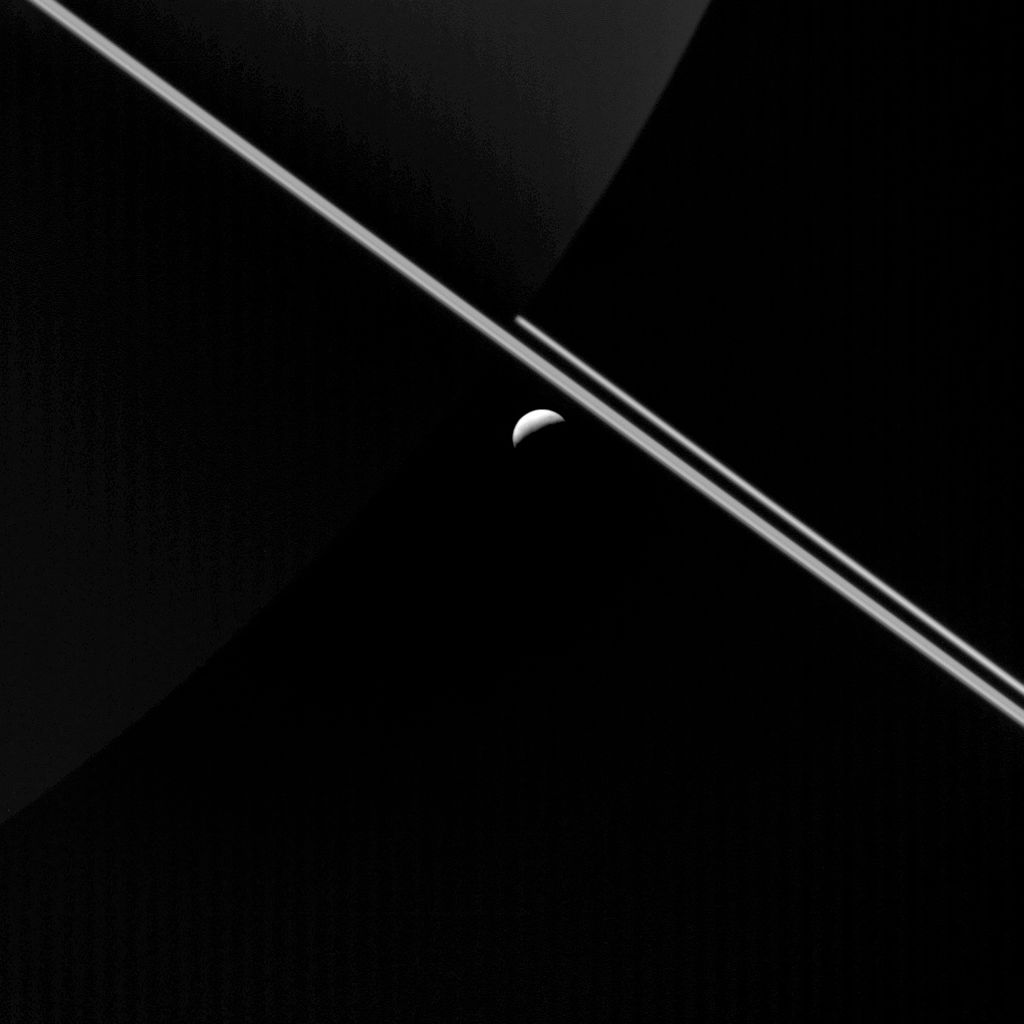SPACE STUFF
Saturn's moon Enceladus, which is believed to have a vast ocean beneath its icy surface, may be a candidate to house microbial life, a new study published in Nature Astronomy by scientists at the University of Arizona and Paris Science and Lettres University suggests, Science Daily reports.
The authors made sure to clarify that their research does not in any way confirm the existence of extraterrestrial microbes on Enceladus, but they did determine, via mathematical models, that the moon's relatively high concentration of methane detected by the Cassini spacecraft is consistent with microbial hydrothermal vent activity on the bottom of Earth's oceans. The researchers were confident that the methane concentration measured by Cassini was too high to have been produced by known physical processes found on Earth, though that doesn't rule out the possibility that unrecorded abiotic processes are the cause, rather than something biological in nature.
Regis Ferriere, an associate professor at the University of Arizona, summed up the purpose of the study. "Obviously, we are not concluding that life exists in Enceladus' ocean," he said. "Rather, we wanted to underscore how likely it would be that Enceladus' hydrothermal vents could be habitable to Earth-like microorganisms. Very likely, the Cassini data tell us, according to our models." Read more at Science Daily.

No comments:
Post a Comment